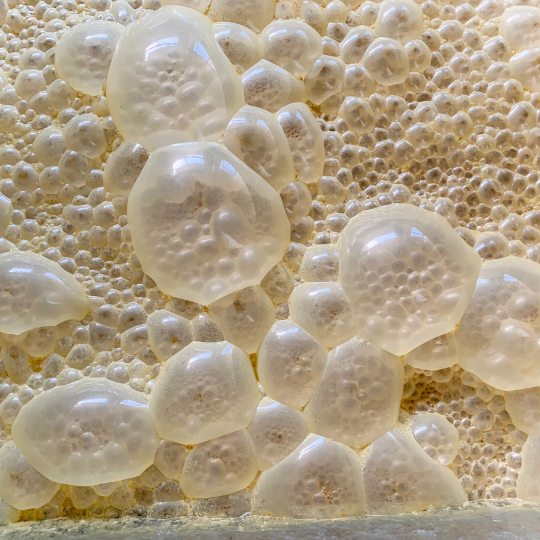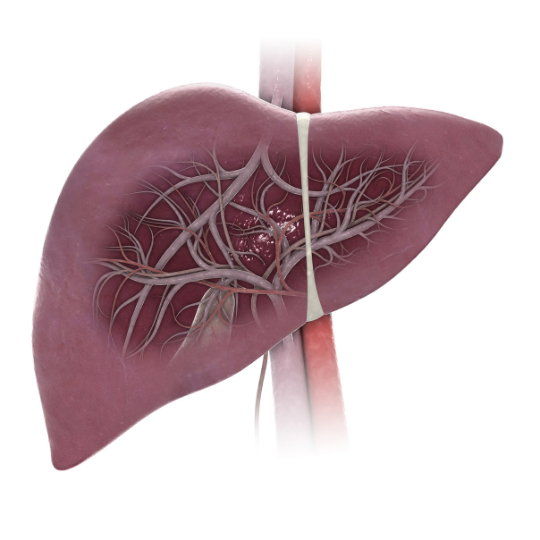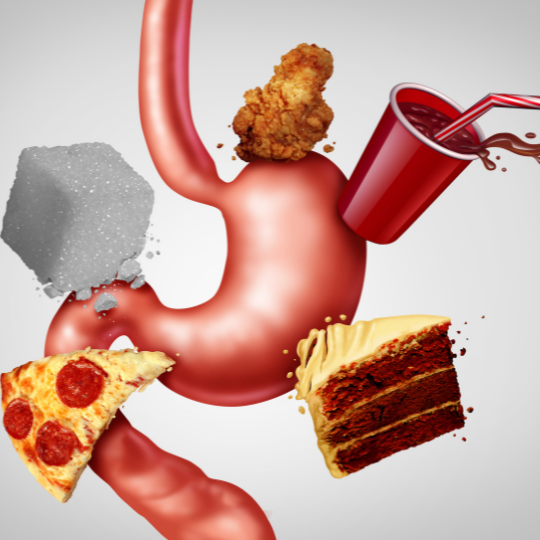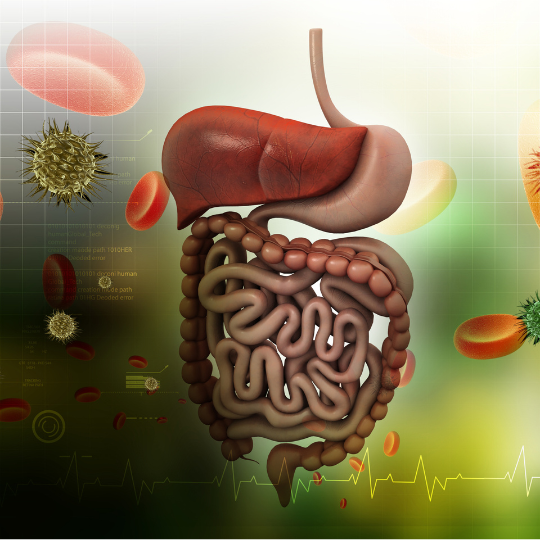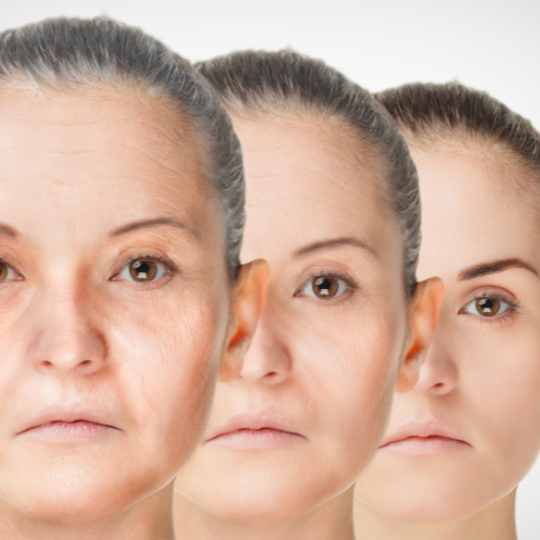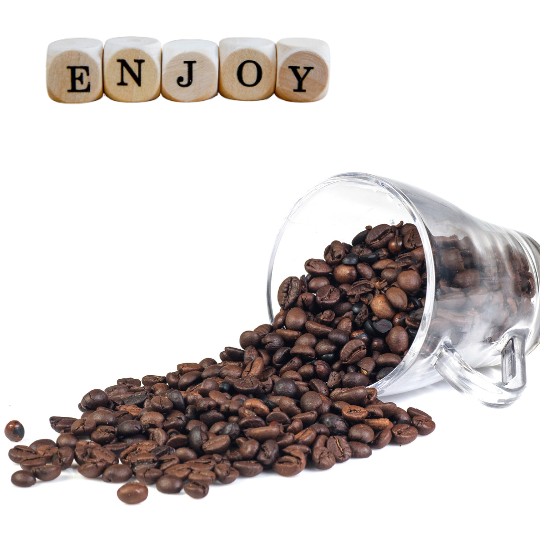A nootropic or simply smart drug, brain booster or memory enhancing drug is a common term for a substance known for its positive impact on the brain, mostly used to boost memory, focus, creativity, decision-making and motivation – key aspects in today’s highly competitive society. In fact, the word nootropic comes from Greek and it is roughly translated to bend or shape the mind.

Nootropic types
There are two different types of nootropics: synthetic, lab created compounds (e.g. Piracetam) and natural/herbal nootropics, proven to boost brain function while at the same time making it healthier (associated to brain nutrition).
Most natural nootropics act as vasodilators of the small arteries and veins in the brain, increasing blood circulation and thus providing important nutrients and oxygen. The effect of natural nootropics is also shown to reduce brain inflammation, to protect it from toxins and to minimize the effects of brain aging.
Natural nootropics alter the concentration of existing neurotransmitters, receptors, enzymes and more:
- release of dopamine
- uptake of choline
- cholinergic transmission
- function of α-amino-3-hydroxy-5-methyl-4-isoxazole propionate (AMPA) receptor
- turnover of phosphatidylinositol
- and activity of phosphatase A2.
Top natural nootropics for brain and memory
Here is a look at the 6 best natural nootropics and how they enhance brain performance:
1. Caffeine
- most widely consumed psychoactive substance in the world
- naturally found in coffee, cacao, tea, guarana and added to many energy drinks and medications
- works by blocking adenosine receptors in your brain, making you feel less tired
- enhances acetylcholine, which helps with short-term memory and learning
- has neuroprotective effects against neurodegenerative diseases, such as Alzheimer’s
- a low to moderate caffeine intake of 40–300 mg increases your alertness and attention and decreases your reaction time

2. L-Theanine
- a naturally occurring amino acid found in tea, but it can also be taken as a supplement
- more effective when taken with caffeine
- may help you multitask better
- a 200 mg dose has a calming effect, without causing drowsiness
- even a 50 mg dose — the amount found in roughly two cups of brewed tea — has been found to increase alpha-waves in the brain, which are linked to creativity

3. Bacopa monnieri (Brahmi)
- traditional Indian (ayurvedic) herb, with purple flowers and oblong leaves
- used for a number of nervous system disorders, including insomnia, anxiety and epilepsy
- causes the branches of nerve cells (dendrites) to grow, thus helping the brain processes information faster
- reduces reaction times and improves memory
- contains active compounds called bacosides, which protect your brain from oxidative stress
- doses of 300‒500 mg should be taken for several months for maximum benefit

4. Ginkgo Biloba
- increases blood flow to the brain after supplementing
- used in treatment of Alzheimer’s disease and other cognitive disorders, like dementia
- improves memory and mental processing in healthy older adults when taken daily for six weeks
- 120 – 240 mg taken before a highly stressful task reduce stress-related high blood pressure and decrease levels of cortisol

5. Panax Ginseng
- the active constituents are ginsenoside saponins, which are divided into Panaxadiol, Panaxatriol and oleanolic acid groups
- provides neuro-protective effects on the dopaminergic-pathway which can help with ADHD
- acts as a strong anti-inflammatory and anti-oxidant by reducing cytokines and boosting ATP production in mitochondria
- a single dose of 200–400 mg reduces brain fatigue and significantly improves performance on difficult tasks like mental math problems

6. Rhodiola Rosea
- known as golden root and Arctic root
- improves cognitive function, enhances memory and learning and protects the brain
- improves mood and decrease burnout feeling in anxious and highly stressed individuals
- increases levels of 5-HT and NE in the cerebral, prefrontal, and frontal cortex
- upregulates DA and ACh in the limbic system pathways, responsible for emotional calming
- reduces mental fatigue and increase feelings of well-being during stressful periods
- acts as an antioxidant and lowers the risk for Alzheimer’s disease

Why don’t you give our Pinky & the BRAIN and Adapto…Gen liquid meals a try to stack up on these brain health and memory promoting nootropics?
